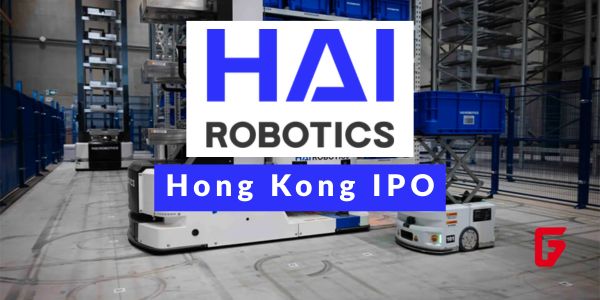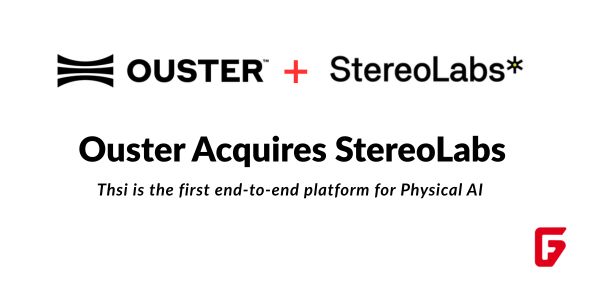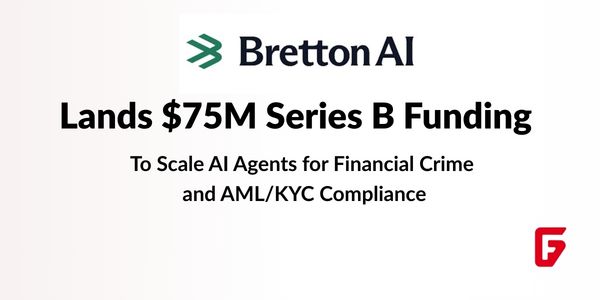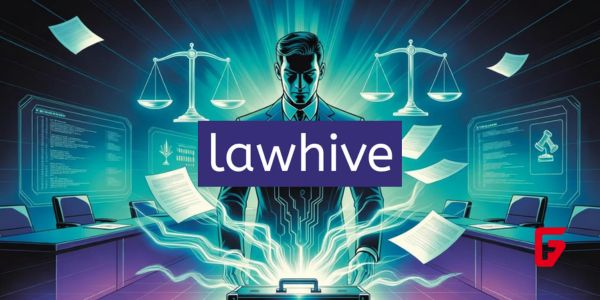Startups & Business News

The legal tech world just witnessed a seismic shift: Clio, the cloud-based legal practice management giant, announced it will acquire vLex, a global leader in AI-powered legal research, in a blockbuster $1 billion cash-and-stock deal. This move isn’t just about scale—it’s about fundamentally changing how law firms operate, research, and deliver value in the age of artificial intelligence.
Why This Deal Matters
Clio has long been the backbone for over 200,000 legal professionals, offering tools for everything from billing to client communications. Meanwhile, vLex brings to the table an immense legal database—over one billion documents strong—and its AI engine, Vincent, which enables cross-jurisdictional research, document analysis, and workflow automation.
By joining forces, Clio and vLex are set to break down the silos between the “business” and “practice” sides of law. Instead of juggling separate platforms for case management, research, and billing, legal professionals will soon have a unified, intelligent system that streamlines every aspect of their work.
The AI Edge: Data as the New Moat
What makes this deal especially noteworthy is the strategic value of data. As Jack Newton, Clio’s CEO, put it: “Data is one of the only long-term defensible competitive moats a company can have in the space”. With vLex’s global legal library and its generative AI, Clio isn’t just catching up with the likes of Thomson Reuters and LexisNexis—it’s aiming to leapfrog them by offering deeper, smarter insights on a global scale.
The integration of Vincent AI means lawyers could soon automate research, draft documents, and analyze evidence with unprecedented speed and accuracy. This isn’t just incremental innovation; it’s a platform play that could redefine the competitive landscape for legal tech.
What’s Next for the Legal Industry?
Consolidation: This deal signals a wave of consolidation as legal tech providers race to build comprehensive, AI-powered platforms.
Agentic AI: Expect to see more “agentic” AI—systems that don’t just assist but actively execute legal tasks, from drafting to research, within a single workflow.
Global Reach: With vLex’s footprint in over 110 countries, Clio is now positioned to serve legal professionals worldwide, not just in North America.
The Bottom Line
Clio’s acquisition of vLex isn’t just another big-ticket deal. It’s a category-defining moment that sets the stage for the next era of legal work—one where AI, data, and seamless integration empower lawyers to deliver more insightful, efficient, and accessible services than ever before. For law firms, the message is clear: the future of legal practice will be powered by platforms that understand both the business and the substance of law.
If you’re in legal tech, this is the deal to watch. The race to build the “operating system of law” just hit a new gear.

futureTEKnow
Editorial Team
futureTEKnow is a leading source for Technology, Startups, and Business News, spotlighting the most innovative companies and breakthrough trends in emerging tech sectors like Artificial Intelligence (AI), Robotics, and the Space Industry.
Discover the companies and startups shaping tomorrow — explore the future of technology today.
Trending Companies
Latest Articles

Foodforecast Raises €8M Series A to Slash Ultra-Fresh Food Waste with AI
Foodforecast, a Cologne AI foodtech firm, just scored €8M in Series A funding led by SHIFT Invest. Their tools predict

AI-Driven Operational Excellence: How Leaders Scale Ownership, Discipline, and Continuous Improvement in 2026
In 2026, AI scales operational excellence fundamentals—clear ownership, disciplined execution, and continuous improvement—letting leaders focus on outcomes while systems handle

VoiceLine raises €10M to scale voice AI for enterprise frontline teams
Munich-based VoiceLine has closed a €10M Series A round to grow its voice AI platform for frontline sales and service

AI-Driven Logistics & Distribution Transformation: From Insight to Scalable Impact
AI is redefining logistics transformation—from network design to real-time execution. This article explores how data-driven insight, intelligent automation, and scalable

Hai Robotics Hong Kong IPO: From Startup Funding to Warehouse Robot Leader
Shenzhen’s Hai Robotics, pioneer in ACR warehouse robots, files for HK IPO after raising over $500M in funding rounds led

AI-Enabled Process Engineering & Continuous Improvement: Designing Systems That Learn
Explore how AI transforms process engineering and continuous improvement into self-learning systems. This article explains how organizations can design operations

Ouster Acquires StereoLabs: Unified Physical AI Sensing Platform Launches
Ouster’s $35M StereoLabs acquisition fuses lidar and ZED cameras into end-to-end Physical AI sensing. Founders Cecile Schmollgruber and team drive

Bretton AI Lands $75M Series B Funding to Scale AI Agents for Financial Crime and AML/KYC Compliance
Bretton AI’s $75M Series B modernizes AML KYC compliance via AI agents, slashing staffing costs for banks and fintechs like

Axiom Space Raises $350M to Build Commercial Space Station and NASA Spacesuits
Axiom Space has locked in a fresh $350M raise to push its commercial space station and NASA lunar spacesuits toward

Santé Raises $7.6M Seed: AI Fintech Revolution for Wine and Liquor Retail
New York startup Santé secures $7.6M seed to build AI-powered POS for liquor stores, tackling regs & inventory woes after

Foundation Humanoid Robot: Phantom MK1 Overview, Military Plans, and Factory Deployments
Foundation’s Phantom MK1 humanoid robot hits factories and eyes military use. Check specs, pilots, and bold 50k goal by 2027.

Lawhive Raises $60M Series B To Take Its AI-Powered Law Firm Model Across The US
Lawhive has secured a $60M Series B round to scale its AI-native law firm model across the US, promising faster,
futureTEKnow is focused on identifying and promoting creators, disruptors and innovators, and serving as a vital resource for those interested in the latest advancements in technology.
© 2026 All Rights Reserved.
![Discover the top 10 AI companies in Germany [1st Edition], revolutionizing industries with cutting-edge technology and innovations.](https://futureteknow.com/wp-content/uploads/2025/02/Top-10-AI-Companies-in-Germany-Leading-the-Tech-Revolution-futureTEKnow.jpg)







